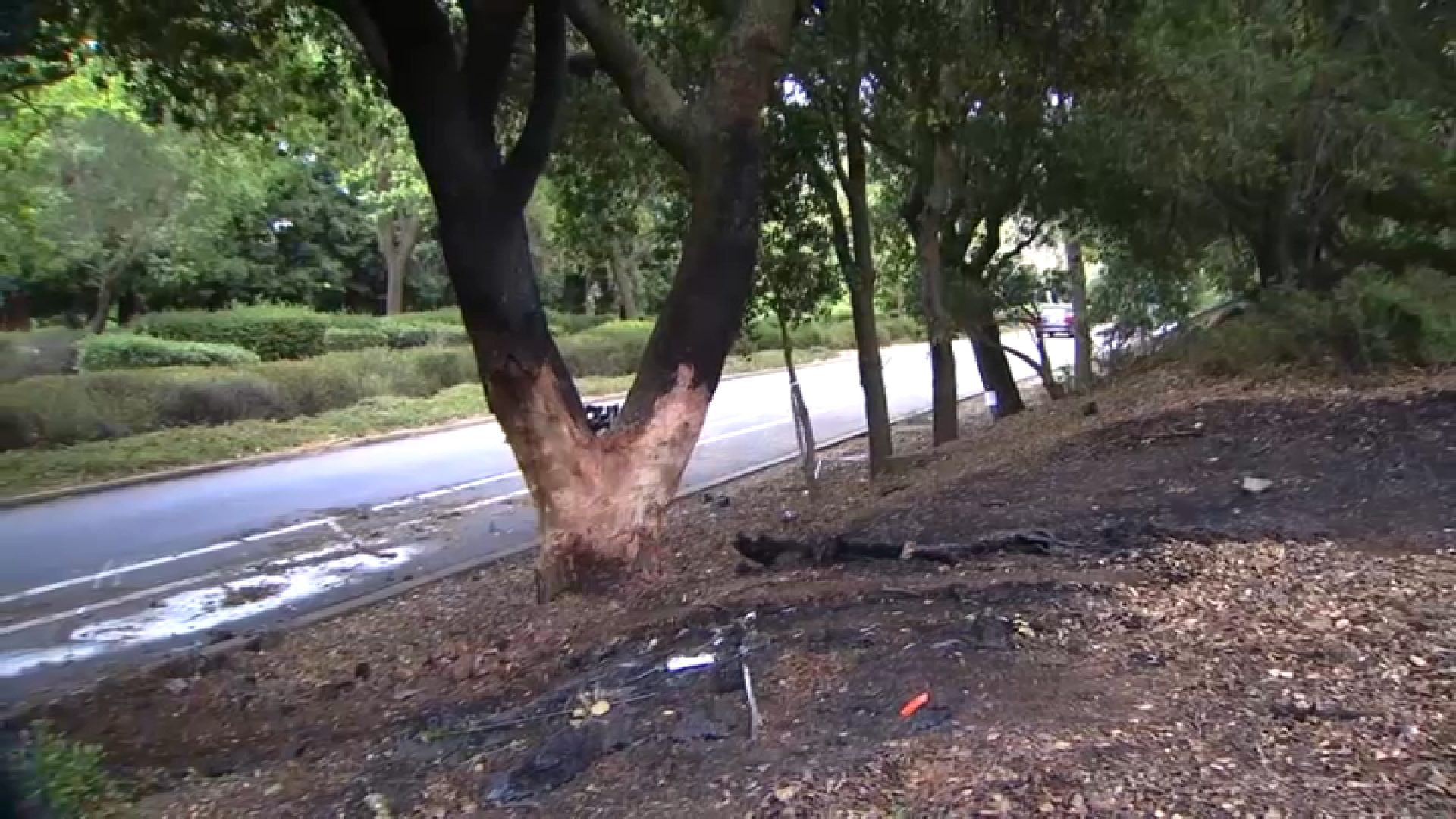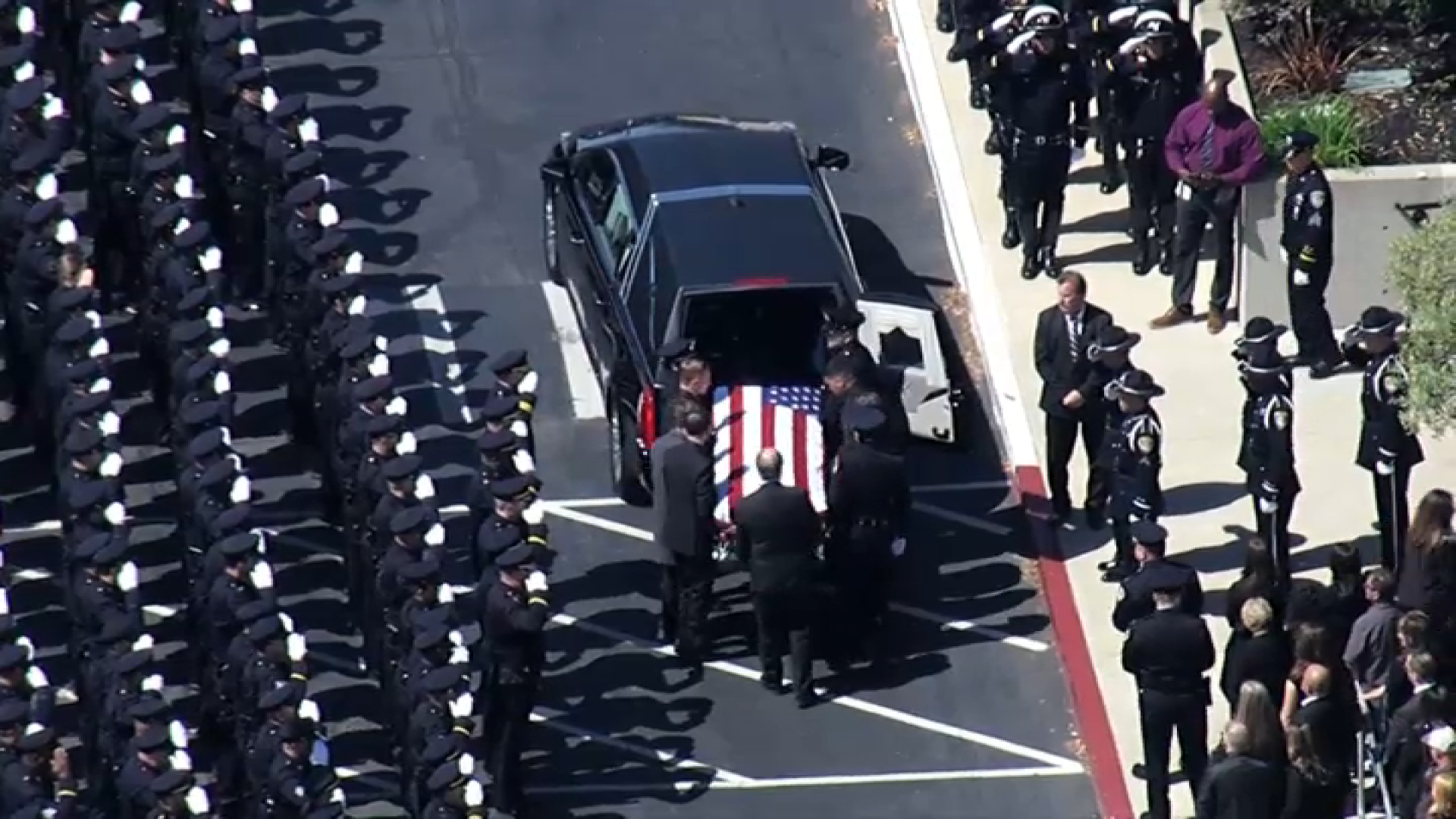
San Mateo County supervisors on Tuesday approved a two-year pilot program in which health professionals will assist police officers during 911 crisis calls.
Known as the Community Wellness and Crisis Response Pilot Project, the program is slated for the county's four largest cities -- San Mateo, South San Francisco, Daly City and Redwood City -- pending approval from the individual city councils. If approved, it will begin in September.
It is the first step toward a long-term goal of completely eliminating law enforcement from responding to mental health crises. Under the program, if a 911 dispatcher receives a call about a mental health crisis, a clinician will also respond directly to the scene alongside police. Together, they will work to ensure that the situation is safe. Then the clinician will determine an appropriate course of action for the individual, such as providing referrals or support services.
"The goal of the immediate response will be to de-escalate the crisis and to support the safety of the individual in crisis, those around the individual, and all responding to the incident," Scott Gilman, director of County Health's Behavioral Health and Recovery Services, said in a statement.
Gilman estimates that about half of individuals at county jails have an underlying mental health or behavioral condition. The National Alliance on Mental Health says that people in a mental health crisis are "more likely to encounter police than get medical help."
The program is aimed to provide services in the early stages of a crisis, from "that first interaction with 911," Gilman said during the supervisors' board meeting.
Clinicians will be assigned from the county's Behavioral Health and Recovery Services to each city's police department by April.
Local
Gilman said the program will not add law enforcement to situations that are already being handled by mental health professionals.
“It's the other way around," Gilman said. "We're looking at adding mental health reinforcement to officers that are being called, or 911 operators that are having to dispatch staff."
The program is estimated to cost about $1.5 million over two years, which will be shared between the cities and the county.
City leaders expressed support for the program via a statement posted online.
"Many community members have asked us to find new approaches for supporting those in mental health crisis," Redwood City Mayor Diane Howard said in a statement. "This collaboration with mental health professionals is an important step forward for our residents and employees."
Supervisor Don Horsley, who has experience in law enforcement and helped work on the program along with police, said the program was driven by a need for equity.
“I saw firsthand the struggle of many community members experiencing mental health crises. And this issue has only become more prevalent in our current era," Horsley said, referring to how the COVID-19 pandemic has taken a toll on mental health.
Stanford University's John W. Gardner Center for Youth and Their Communities will evaluate and help modify the program along with community input from groups like the National Alliance on Mental Illness, the African American Health Equity Initiative and the Mental Health and Substance Abuse Recovery Commission.
For a full news release about the program, click here.



